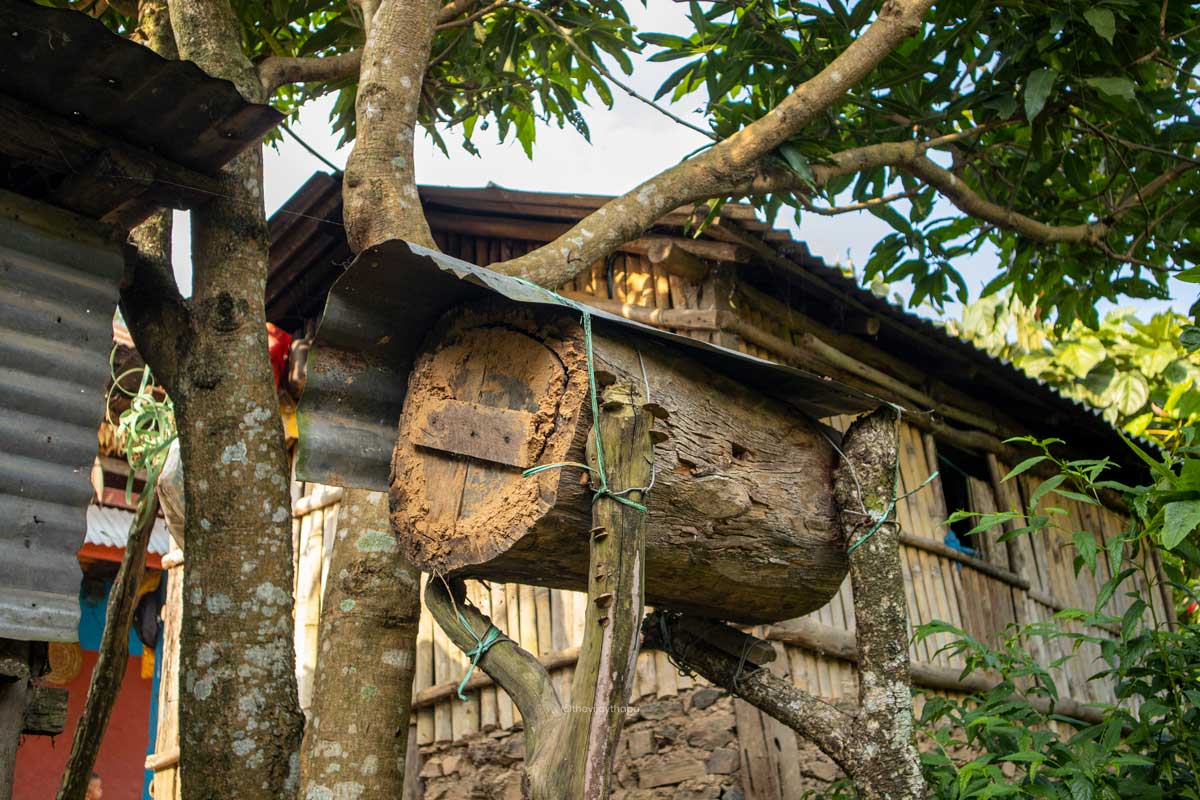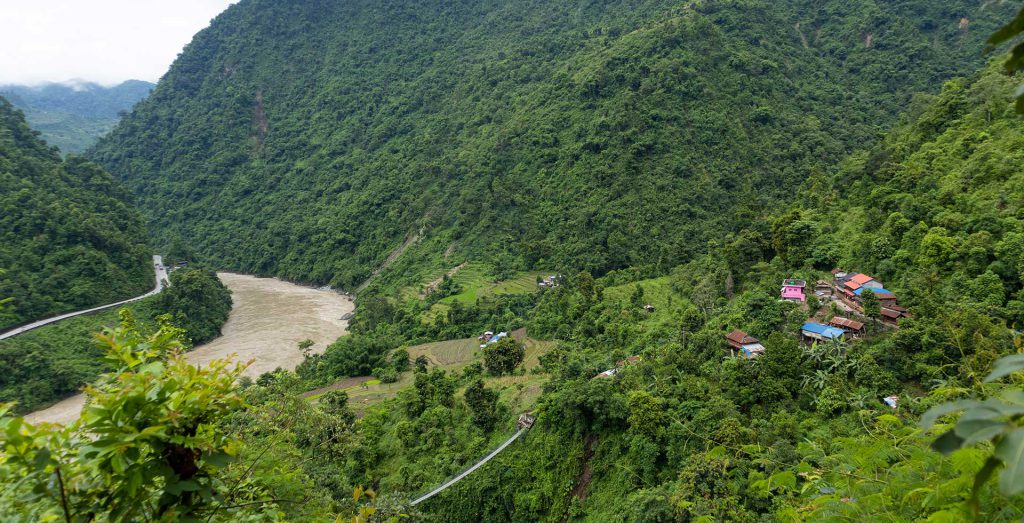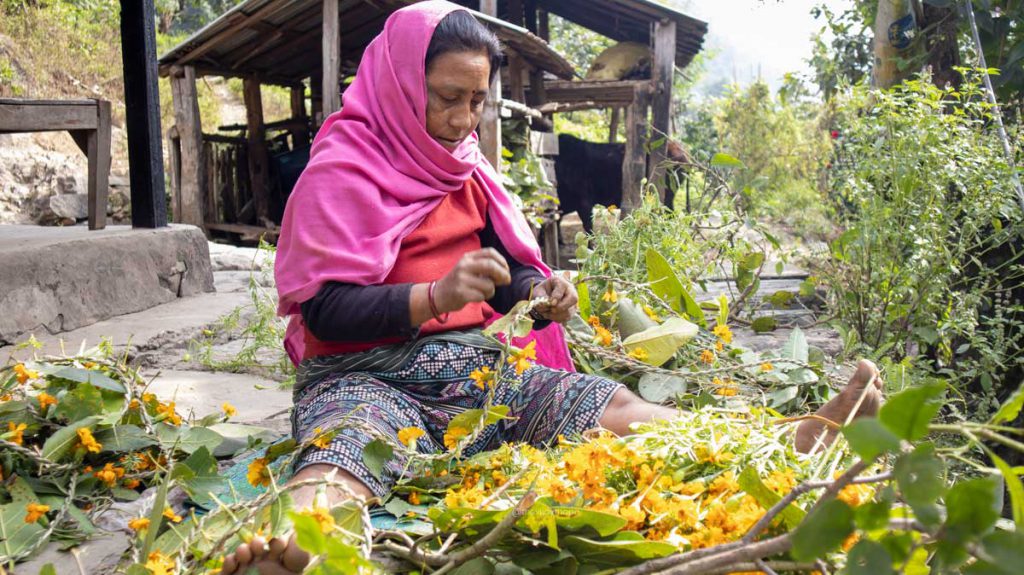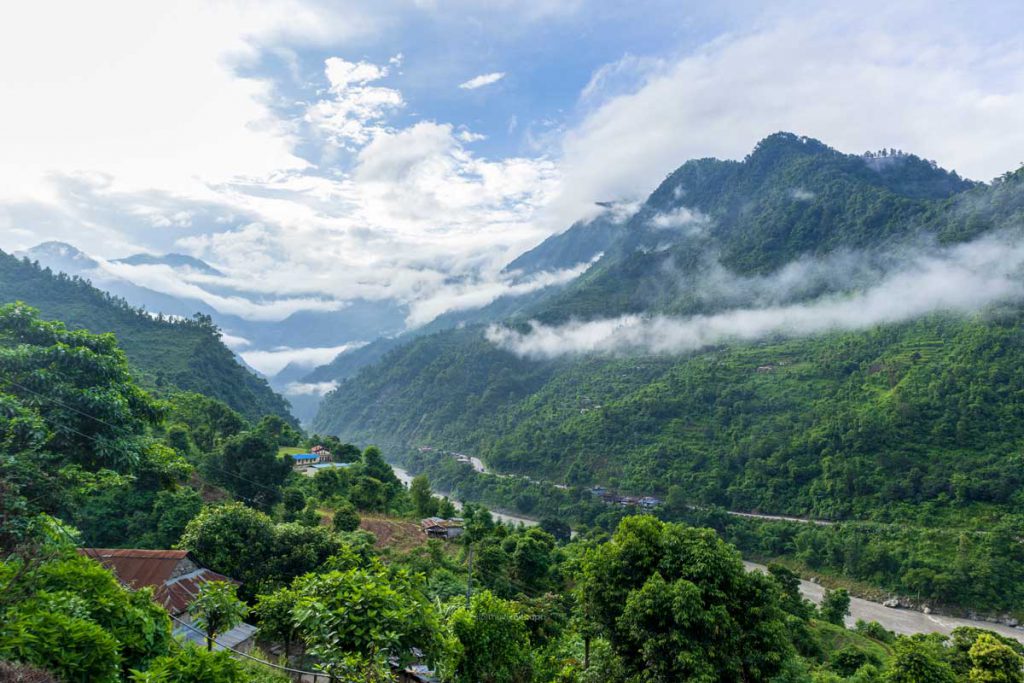Honey has been consumed as a medicine only (not condiments) till now and Bees are kept from ancient times in Khasrang village as any other animals and birds (like goats, cows, buffaloes, chickens and pigeons).
Since Khasrang is an agrarian village (people are mainly involved in agriculture) and surrounded by lush forests, bees have more than enough flowers (wild and flowers from crops) to collect nectar for the honey.
Traditionally bees are kept in a hive made of hollow wooden logs but with the introduction of modern hives, more people are preferring the modern one as it’s easier to extract honey and clean hives.
But till now, bees are kept for personal consumption of honey, though some villagers are more interested in its commercial production.
Only the honey left after self consumption and gift to relatives, honey is sold in the market.
And high in demand of natural raw honey with limited supply, honey from Khasrang village is sold out in no time (in just a few hours).
Join Our Waiting List
All the products are grown naturally in Khasrang which takes time. And due to high demand, they’re sold out in no time.
So join our Waiting List to be the first one to get notified when our products are ready to harvest.
Honey Harvesting Seasons in Khasrang
Honey is harvested only twice a year in Khasrang village.
One in the month of Chaitra or Baishakh (April – May)
This is the time when most of the flowers bloom (wild flowers as well as flowers from fruit trees like mangoes, avocados, etc., vegetables like cucumbers, tomatoes, beans, etc. and crops like mustard and wheat.), so the bees have abundant nectar to collect.
And others in Kartik or Mangsir (Nov-Dec)
By this time bees have collected nectar from crops (like corn and rice) that’s grown organically. Nectar from agriculture might not be enough during this season, so bees have to travel far in the forest. Thus the honey of this season is considered to have high medicinal properties.
Khasrang village has great possibilities in Bee Farming (Api Culture) as the village is rich in greenery (with lush green forests and crops throughout the year).
Also the interest in Bee Farming has the potential to shift farmers into total organic agricultural practices as the use of chemicals harm the bees (even kill).
So, the encouragement in bee farming is also beneficial from an ecological perspective.




